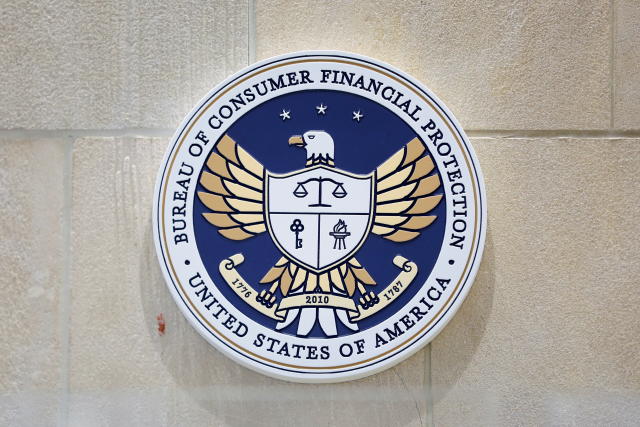The Consumer Financial Protection Bureau (CFPB) has proposed a new rule to protect cryptocurrency users. This rule aims to make crypto service providers responsible for reimbursing users who lose money due to fraud or theft. While some people support this initiative, others criticize it for being unclear and possibly excluding non-custodial wallets.
On January 10, the CFPB announced plans to expand the Electronic Fund Transfer Act (EFTA) to include cryptocurrency accounts. This would align these accounts with traditional banking, ensuring similar standards for fraud prevention and error resolution. The proposal redefines “funds” to include cryptocurrencies, which broadens the protections available to users.
Wallet providers would need to inform users about their rights, including liability for unauthorized transactions, transaction limits, fees, and error resolution processes. They would also have to provide regular updates about any changes in terms. If implemented, this rule could enhance protections for users of stablecoins and other digital assets. Public feedback on the proposal is open until March 31, after which the CFPB will decide on the next steps.
Despite its potential benefits, the rule has faced criticism. Experts argue that the language is vague and may not cover non-custodial wallets, creating uncertainty for developers and users. Jai Massari from Lightspark pointed out that the rule does not clearly apply to non-custodial wallets, raising concerns about its practicality.
Legal expert Drew Hinkes suggested that applying the EFTA framework to crypto transactions might complicate matters. Bill Hughes from Consensys warned that this proposal could be seen as regulatory overreach. The proposal has generated mixed reactions, and its success will depend on the CFPB’s ability to clarify these issues before proceeding.



